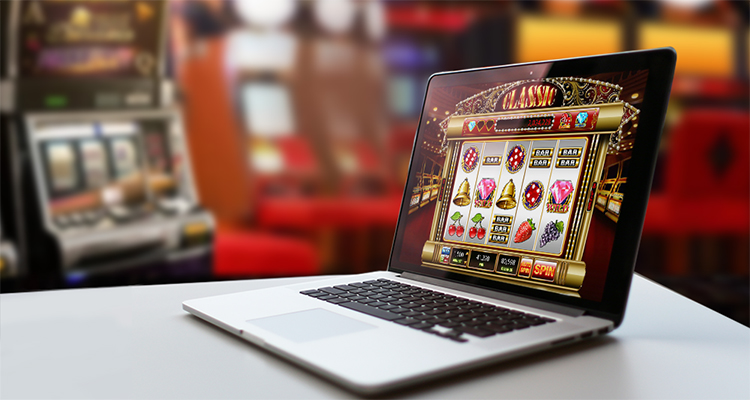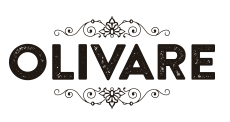
How to Self-Exclude from Casinos
If you find yourself struggling with gambling habits, it’s essential to know that you are not alone and there are ways to regain control. One effective method is to How to Self-Exclude from Casinos in Bangladesh joya9 apk self-exclude from casinos. This article will guide you through the self-exclusion process, explore its benefits, and provide tips for maintaining a healthier relationship with gambling.
Understanding Self-Exclusion
Self-exclusion is a formal process by which individuals can voluntarily ban themselves from casinos and gambling establishments. This initiative aims to help those who recognize that their gambling habits are causing negative impacts on their lives, whether financially, emotionally, or socially. By opting for self-exclusion, you take a vital step towards re-establishing your well-being and setting boundaries for your gambling activities.
Why Consider Self-Exclusion?
Many individuals choose to self-exclude for various reasons. Here are some common motivations:
- Control Over Gambling Habits: Self-exclusion allows you to regain control over your gambling activities and reduce the likelihood of impulsive decisions.
- Financial Stability: By excluding yourself from casinos, you can mitigate financial losses and prioritize essential expenses.
- Emotional Health: Gambling addiction can lead to feelings of anxiety, shame, and depression. Self-exclusion provides a much-needed break to focus on mental health.
- Improved Relationships: Morgan gambling often strains relationships with friends and family. By self-excluding, you can work on rebuilding trust and improving connections.
How to Self-Exclude: A Step-by-Step Guide
The self-exclusion process can vary depending on the jurisdiction and the establishments involved. However, here is a general guide on how to self-exclude effectively:
1. Assess Your Gambling Habits
Before proceeding, take some time to reflect on your gambling behavior. Consider how frequently you gamble, the amounts you spend, and the consequences of your actions. A self-assessment will help clarify your motivations for self-exclusion.
2. Research Local Self-Exclusion Options
Each state or province may have different self-exclusion programs. Research the options available in your area, such as state-run programs, casino-specific options, and online gambling platforms that may offer self-exclusion features.
3. Contact the Right Authorities
Once you’ve identified the appropriate programs, contact the corresponding authorities or casinos. Most establishments have dedicated teams or services to assist with self-exclusion requests. You can usually find contact information on their official websites.
4. Complete the Necessary Paperwork
Prepare to fill out a self-exclusion form. This document typically requires basic personal information, such as your name, address, date of birth, and a declaration of your intention to self-exclude. Some forms may require a witness or notarization.

5. Understand the Terms and Duration
Self-exclusion often comes with specific terms and conditions. Be sure to understand how long the exclusion lasts, which can range from a few months to several years. During this period, you will not be allowed to enter casinos or engage in gambling activities.
6. Seek Support During the Exclusion
Consider seeking support from family, friends, or professional counselors. Support groups, such as Gamblers Anonymous, can also provide a safe space to share experiences and find encouragement during your self-exclusion period.
What to Do After Self-Exclusion
After implementing self-exclusion, it’s important to focus on healing and personal development. Here are some essential steps to consider:
1. Educate Yourself
Take the time to learn more about gambling addictions and their effects. Understanding the psychology behind gambling can help you recognize triggers and develop coping strategies.
2. Explore Alternative Activities
Self-exclusion presents an opportunity to discover new hobbies and interests. Engage in activities that bring you joy and fulfillment, such as sports, arts, or volunteering.
3. Maintain Communication
Stay connected with friends and family who support your decision to self-exclude. Let them know your struggles and successes as you navigate this journey.
4. Set Financial Goals
Redirect funds that would have been spent on gambling towards savings or debt repayment. Set realistic financial goals that motivate you and enhance your stability.
5. Consider Professional Help
If you find yourself struggling with withdrawal symptoms or feelings of distress, consider seeking professional help. Therapists and counselors specializing in gambling addiction can provide valuable support.
Conclusion
Self-excluding from casinos is a significant step towards a healthier and more balanced life. It requires courage and commitment, but the benefits of regaining control over gambling habits are immeasurable. By understanding the self-exclusion process and actively seeking support, you can cultivate a more fulfilling and responsible relationship with gambling.
